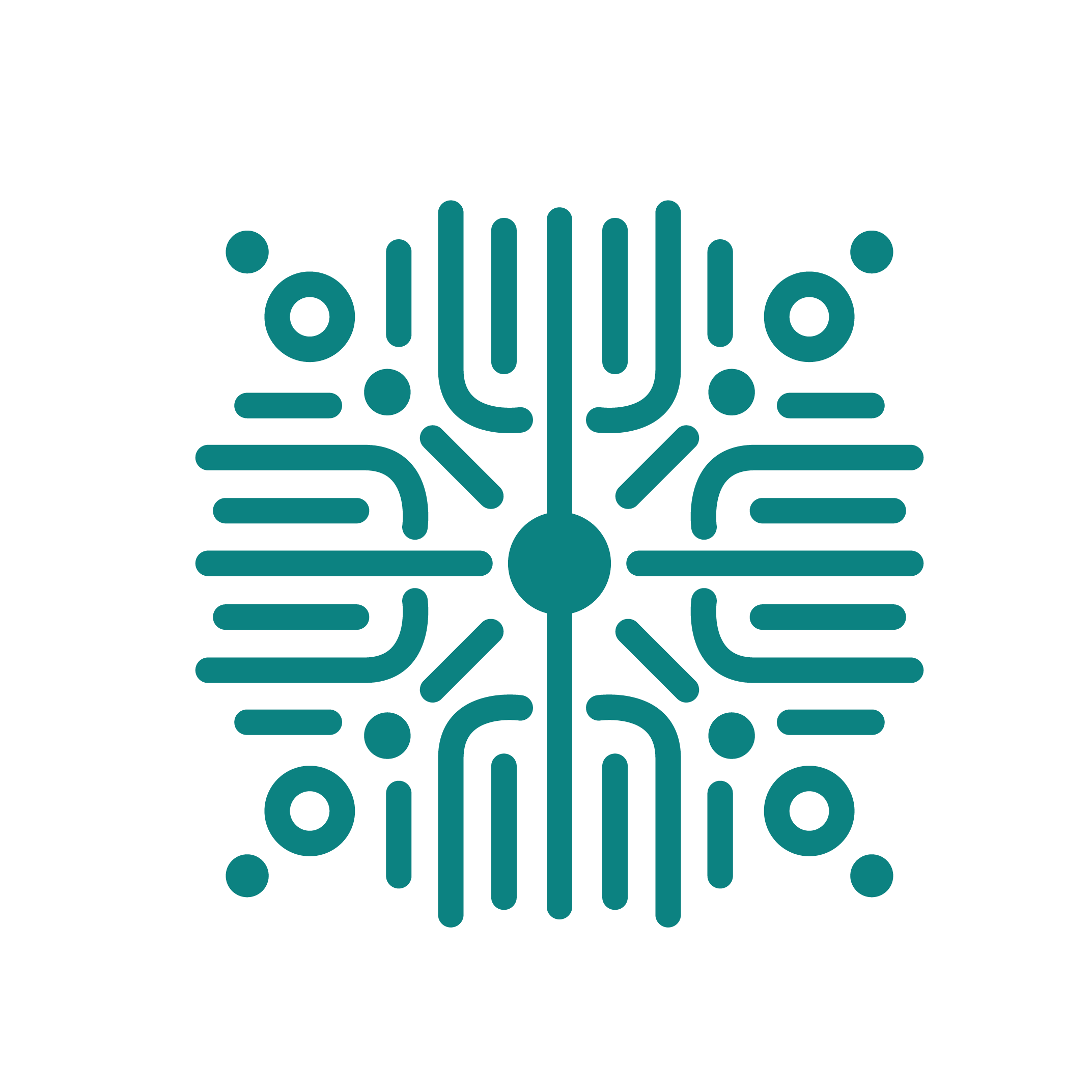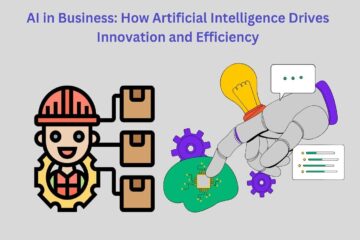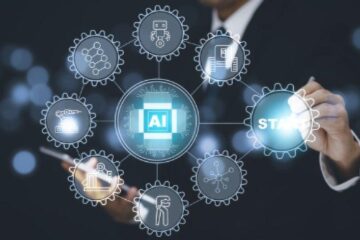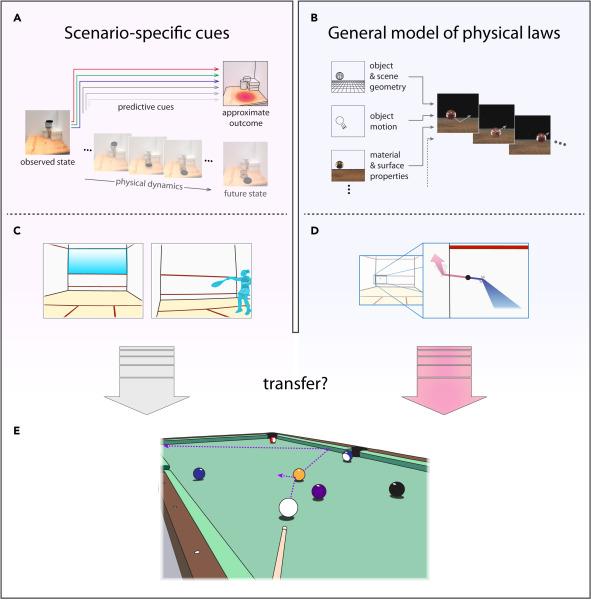
Navigating the Moral Maze of AI: Ethics in the Age of Artificial Intelligence
In a world where artificial intelligence continues to revolutionize industries and reshape our daily lives, navigating the ethical implications of AI has become an increasingly complex and pressing challenge. As we traverse the ever-evolving landscape of technology and morality, it is crucial to explore the intricate web of ethical considerations that arise in the age of artificial intelligence. Join us on a journey through the moral maze of AI, where the boundaries between right and wrong may be blurred, but the importance of ethical decision-making remains crystal clear.
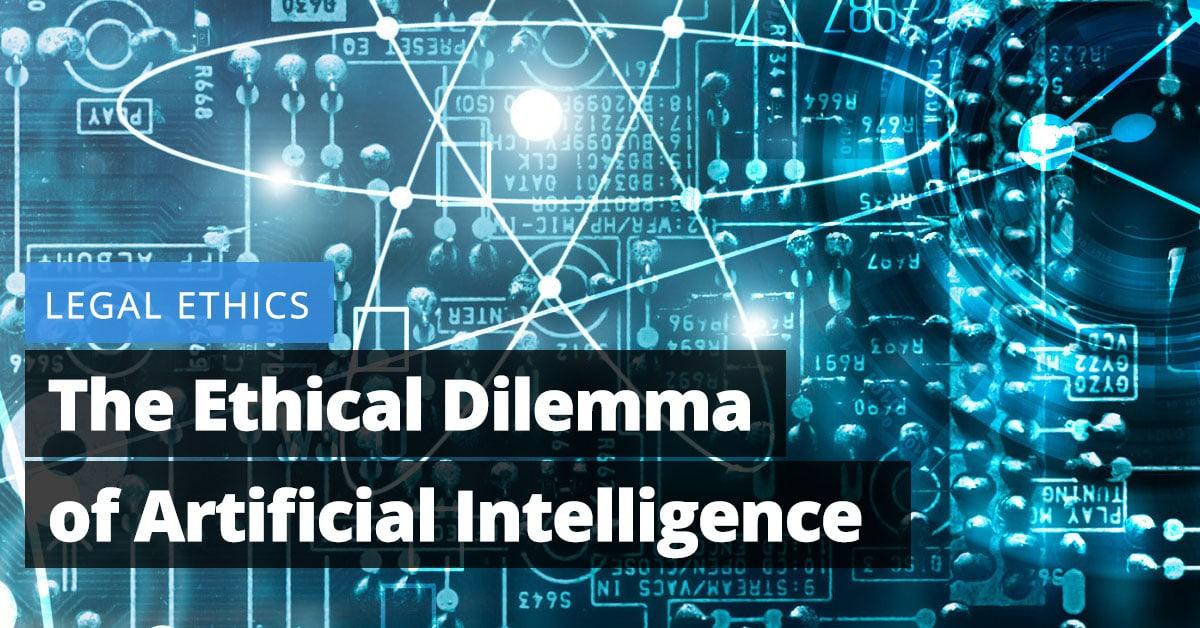
Understanding the Ethical Dilemmas in AI Development
It is essential for developers, researchers, policymakers, and society as a whole to navigate this moral maze with diligence and consideration.
One of the key ethical challenges in AI development is ensuring transparency and accountability. As AI systems become more autonomous and capable of making decisions on their own, it is vital to understand how these decisions are being made and to hold responsible parties accountable for any potential harm caused. Additionally, issues such as bias in AI algorithms, data privacy concerns, and the impact of AI on job displacement are all important ethical considerations that must be addressed. By acknowledging and addressing these ethical dilemmas, we can work towards creating a more responsible and ethical framework for the development and deployment of AI technologies.

Striking a Balance Between Innovation and Responsibility
Striking a balance between pushing the boundaries of innovation and upholding ethical standards is crucial in ensuring the responsible development and deployment of AI technologies.
One approach to navigating this delicate balance is through the implementation of ethical frameworks and guidelines. By establishing clear ethical principles for AI research and deployment, we can proactively address potential ethical dilemmas and considerations. Additionally, fostering collaboration among diverse stakeholders, including technologists, policymakers, ethicists, and social scientists, can help ensure that AI development is grounded in ethical considerations. Embracing transparency, accountability, and inclusivity in the AI development process is key to promoting ethical practices and safeguarding against potential harm.
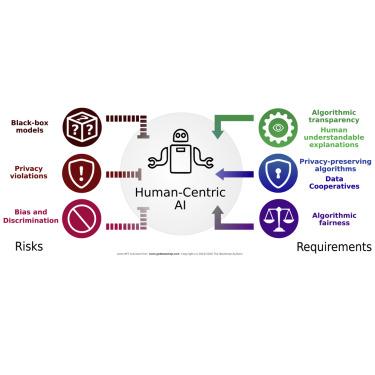
Establishing Clear Guidelines for Ethical AI Implementation
The ethical implications of AI algorithms and systems can have far-reaching consequences on individuals, communities, and even global systems. To navigate this moral maze, it is imperative to consider the following key points:
- Transparency: Ensuring transparency in AI algorithms and decision-making processes is essential to building trust and accountability.
- Fairness: Addressing biases in AI systems and ensuring fair and equitable outcomes for all individuals is paramount.
- Privacy: Respecting privacy rights and maintaining the confidentiality of personal data is crucial in the age of AI.
By prioritizing these ethical considerations and establishing clear guidelines for AI implementation, we can harness the power of artificial intelligence for the betterment of society while mitigating potential harms and risks. Embracing a human-centric approach to AI development and deployment is essential in ensuring that AI technologies serve the common good and uphold fundamental ethical principles.

Championing Transparency and Accountability in AI Systems
Ensuring that AI systems are transparent allows for greater trust in their decision-making processes, while holding them accountable ensures that they are used ethically and responsibly.
One way to champion transparency and accountability in AI systems is through clear documentation of data sources and algorithms, providing users with insight into how decisions are made. Additionally, regular audits and reviews of AI systems can help identify any biases or errors, allowing for corrective action to be taken. Open communication with stakeholders is also key in promoting transparency and accountability, ensuring that decisions made by AI systems align with ethical standards and moral values.
Future Outlook
By approaching this challenge with empathy, wisdom, and a commitment to upholding fundamental human values, we can ensure that AI remains a force for good in our rapidly evolving world. Let us embrace this opportunity to shape the future of AI ethics with integrity and foresight, for the betterment of society as a whole. Thank you for joining us on this journey through the ethical complexities of artificial intelligence.
Have you tried out this amazing list of AI tools? Check it out here!
